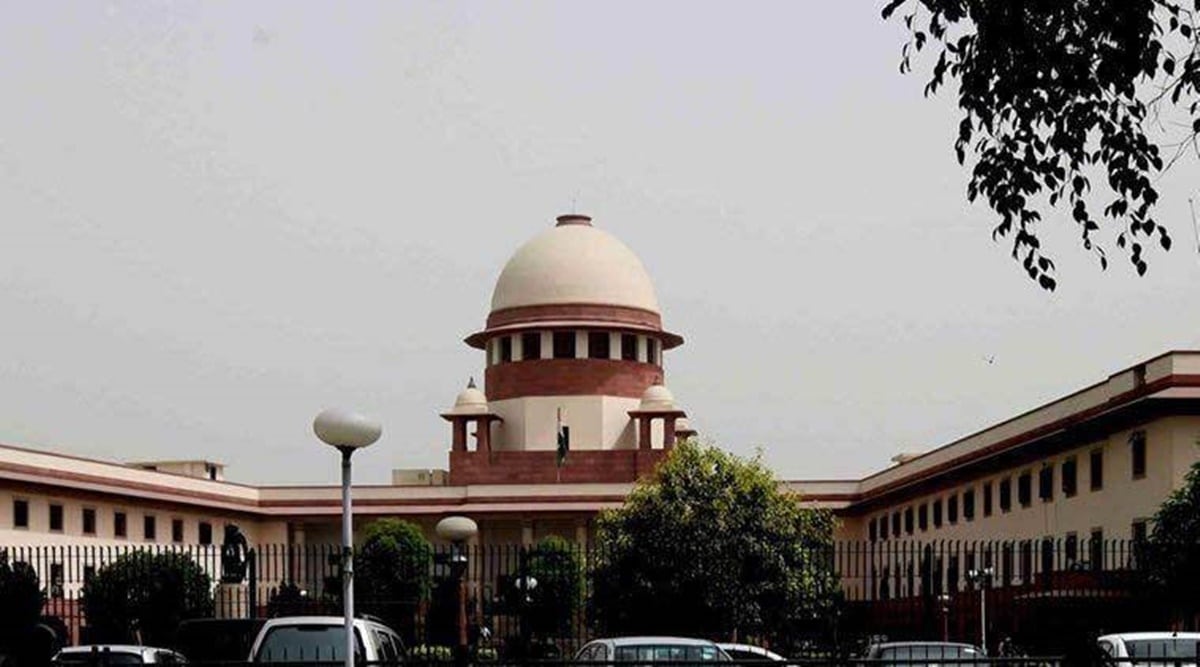Context
-
The recent Supreme Court verdict striking down a part of the 97th Constitutional Amendment, insofar as it dealt with cooperative societies under the domain of the States, has brought the focus on the extent to which the Centre can seek to lay down policy for the functioning of cooperative societies.
Key Observations of SC
-

Source: IE The ruling came from a bench of Justices R F Nariman, K M Joseph and B R Gavai which upheld a 2013 Gujarat High Court verdict that struck down parts of the amendment.
- Justices Nariman and Gavai struck down only that part of Part IXB which dealt with cooperative societies confined to states.
- Justice Joseph in a separate judgment struck down the entire 97th constitutional amendment.
- The judgment of the High Court is upheld except to the extent that it strikes down the entirety of Part IXB of the Constitution of India. As held by us above, it is declared that Part IXB of the Constitution of India is operative only in so far as it concerns multi-State co-operative societies both within the various States and in the Union territories of India.
What now survives in the 97th Amendment?
- The Amendment added the words “or cooperative societies” to Article 19(1)(c) of the Constitution to expand the fundamental right to form associations or unions to cover cooperative societies too.
- It also added a ‘Directive Principle’ through Article 43B, which says:
- “The State shall endeavour to promote voluntary formation, autonomous functioning, democratic control and professional management of cooperative societies.”
- These clauses remain undisturbed. In line with the Supreme Court’s judgment, Part IXB dealing with cooperative societies will survive, but only with reference to multi-State societies.
How does the ruling affect Cooperation Ministry?
- The Ministry of Cooperation was formed recently, apparently with a view to giving a fillip to the cooperative movement and reforming the functioning of cooperative societies.
- Until now, the subject was dealt with by the Agriculture Ministry.
- It administered the Multi-State Cooperative Societies Act, 2002.
- The new Ministry will continue this work. For now, it will not be in a position to compel States to bring their cooperative laws in conformity with the Centre’s vision.
- Regarding the fate of the constitutional framework for all cooperative societies in the country, the Centre has the option of re-enacting the Amendment with a two-thirds majority in Parliament and obtaining ratification by 50% of the State legislatures.
What is 97th Constitutional Amendment Act?
- It was passed by parliament in December 2011 and had come into effect from February 15, 2012.
- It introduced clauses dealing with the working of cooperative societies working within a state, saying the subject matter fell in the state list.
- The change in the constitution has amended Article 19(1)(c) to give protection to the cooperatives and inserted Article 43 B and Part IX B, relating to them.
- Article 19(1)(c) guarantees freedom to form association or unions or cooperative societies subject to certain restrictions.
- Article 43 B says that states shall endeavour to promote voluntary formation, autonomous functioning, democratic control and professional management of cooperative societies.
- The Part IX B of the constitution inserted by the 97th amendment deals with incorporation, terms of members of the board and its office bearers and effective management of cooperative societies.
- It belongs wholly and exclusively to the State legislatures to legislate upon and any change would require the ratification by at least one-half of the state legislatures as per Article 368(2) of the Constitution.
Argument in favour of 97th Constitutional Amendment
- The Centre has contended that the provision does not denude states of their power to enact laws with regard to cooperatives.
- The Attorney General stated that the 97th Constitution amendment is not a direct or substantial attack on states’ powers to enact a law with regard to cooperatives.
- The Centre has stated that the amendment was enacted to bring uniformity in the management of cooperative societies and it did not take away the powers of states.
Reasons for quashing provisions of 97th Constitutional Amendment
- The apex court’s verdict came on the Centre’s plea challenging the Gujarat high court’s 2013 decision striking down certain provisions of the 97th constitutional amendment.
- The top court also examined the question of whether the provision denuded states of their exclusive power to enact laws to deal with the management of cooperative societies.
- The top court had said if the Centre wanted to achieve uniformity then the only way available was to take the recourse under Article 252 of the Constitution.
- It deals with the power of Parliament to legislate for two or more states by consent.
- It said that in effect what the government had done was that the power of States to enact laws with respect to cooperative society has been made no longer exclusive.
- The high court had held that certain provisions of the amendment pertaining to cooperative societies violated the basic structure of federalism.
- The PIL petitioner contended that as per the provisions of Article 368 of the Constitution:
- If Parliament intends to amend or delete any of the lists in the seventh schedule, such Amendment shall require to be ratified by the legislature of not less than one-half of the states by resolution to the effect passed by those legislatures before the bill making provisions for such amendment is presented to the President for Assent.
Polity and Constitution Current Affairs : Click Here
